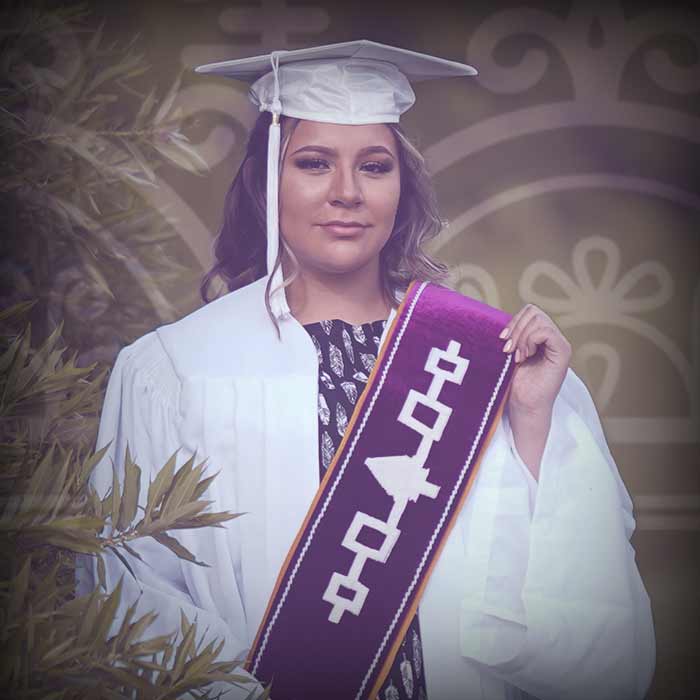About
Introduction to Kawenniio Gaweniyo School!
The Kawenni:io/Gaweni:yo Immersion School has been in operation since 1986, with the later development of the secondary school in 1995. Our aim is to help preserve the traditions and cultures of the Rotinonhsion:ni/Hodinohso:ni. At the same time we are attempting to prepare students for life after high school, whether they plan to go on to higher learning or to enter the work force.
"CUltural identity improves self-esteem"
Guiding Principles
Kawenni:io/Gaweni:yo education believes in the concepts of Onkwehonwe values of peace (Sakaterihwahseron:ni /Wadrihwahsro:ni), respect (Tentewataterihwanonkhwake /Dedwadadrihwanohkwa:k), trust (Tkeia:taras /Gakeya’da:s), sharing (Tsha’tentewatste /Tsadedwahs), brotherhood (Kanonronhkwatshera enion:ni /Ganohk egyo:ni’ tsadedwadre’), harmony (Tekarihwaien:tas/Degaiwhaedadre), and justice (Karihwahseron:ni/Gaiwhahsro:nih).
Board Policies guide the proper and responsible delivery and operation of the Kawenni:io/Gaweni:yo Private School by the Principal and staff.
The Kawenni:io/Gaweni:yo Board expects compliance with Board Policies for the implementation of the Private School’s vision, mandate and goals.
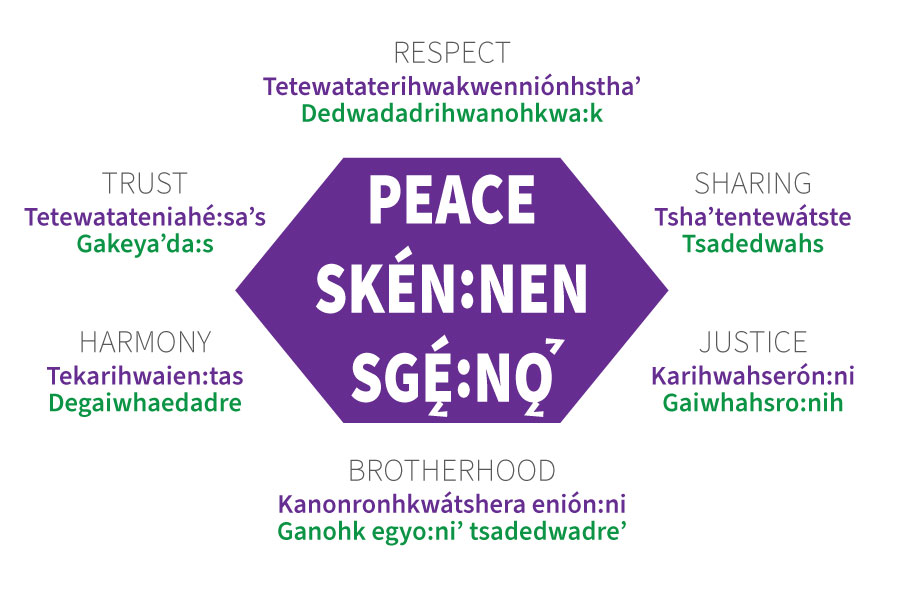
Strategic Management
Vision
Mandate
The parents, grandparents, aunts and uncles, all have put their minds together in the hope of providing an education that encourages the children to pursue and achieve excellence in their personal goals in a culturally appropriate manner.
The Goals of Education have been articulated and form the base upon which all curricula are developed and delivered.
The school is governed by a volunteer Board of Directors, comprised of parents and community members. These members are accountable to the Six Nations of the Grand River Territory by accepting the duties and responsibilities as prescribed in the Board Policy.
Belief
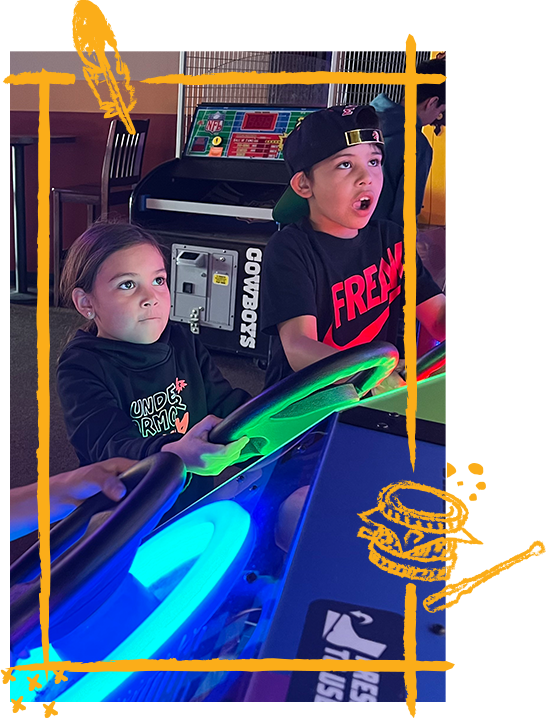
Ontario Curriculum
Kawenni:io/Gaweni:yo Private School follows the Ontario Curriculum. The curriculum has specific requirements about knowledge and behaviours to be learned, while allowing flexibility in how the curriculum is delivered.
Cultural Inclusion
The following chart describes the basis for the cultural inclusion across the curriculum for Kawenniio/Gaweniyo:
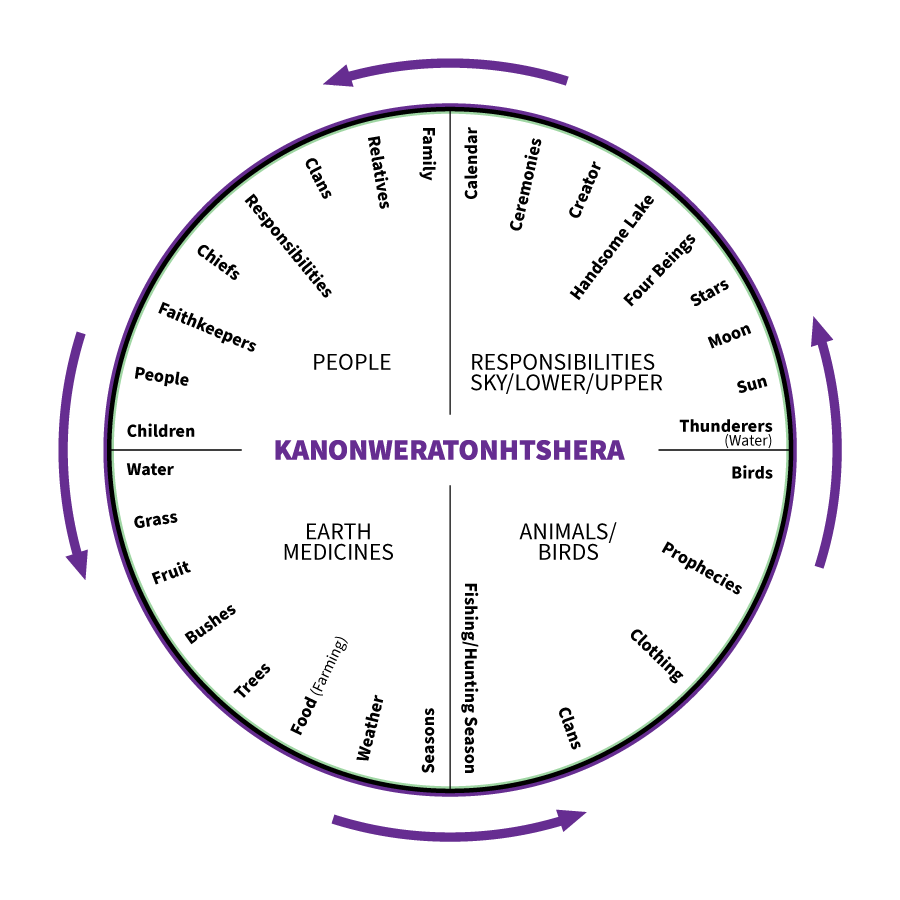
Elementary
The Ontario curriculum outlines the knowledge and skills that students are expected to develop and demonstrate in their class work, on tests, and in various other activities through which achievement is assessed and evaluated. All elementary curriculum expectations from each relevant curriculum policy document for a grade, and all secondary curriculum expectations for a course, must be accounted for when planning the classroom program. (Changes to the curriculum expectations may be made for English language learners and students with special education needs; “Modified Curriculum Expectations”, “Accommodations, Modifications, and Alternative Expectations”.)
The Education learning programs for Kawenni:io/Gaweni:yo include the following disciplines: the arts; health and physical education; language development; mathematics; science and technology; and social studies (in Grades 1 to 6) or history and geography (in Grades 7 and 8). In addition, all elementary students, including students with special education needs, have a minimum of twenty minutes of sustained moderate to vigorous physical activity each school day during instructional time.
Kindergarten
The Full-Day Early Learning–Kindergarten program is a child-centred, developmentally appropriate, integrated, extended-day program of learning for four- and five-year-old children. The purpose of the program is to establish a strong foundation for learning in the early years, and to do so in a safe and caring play-based environment that promotes the physical, social, emotional, and cognitive development of all children.
The goals of the Full-Day Early Learning–Kindergarten program are as follows:
- to establish a strong foundation for the early years by providing young children with an integrated day of learning to provide a play-based learning environment
- to help children make a smoother transition to Grade 1
- to improve children’s prospects for success in school and in their lives beyond school
The Full-Day Early Learning–Kindergarten program is based on the understanding that children develop within a complex set of interrelated systems that includes the family, the school, the broader community, and the world. Although early learning programs have traditionally acknowledged the importance of these systems, they have tended to address each one separately in terms of its individual impact on the child. By contrast, the Full-Day Early Learning–Kindergarten program recognizes the importance for the child’s development of the interrelationships between and among these systems, and builds on those interrelationships. Holding this interconnectedness at the centre of its vision, the program sets children on a more positive trajectory for learning.
Student Life Services
Kawenni:io/Gaweny:io School offers a number of student services to make school life pleasant and enjoyable for everyone. The following student services are a summary of services offered to students:
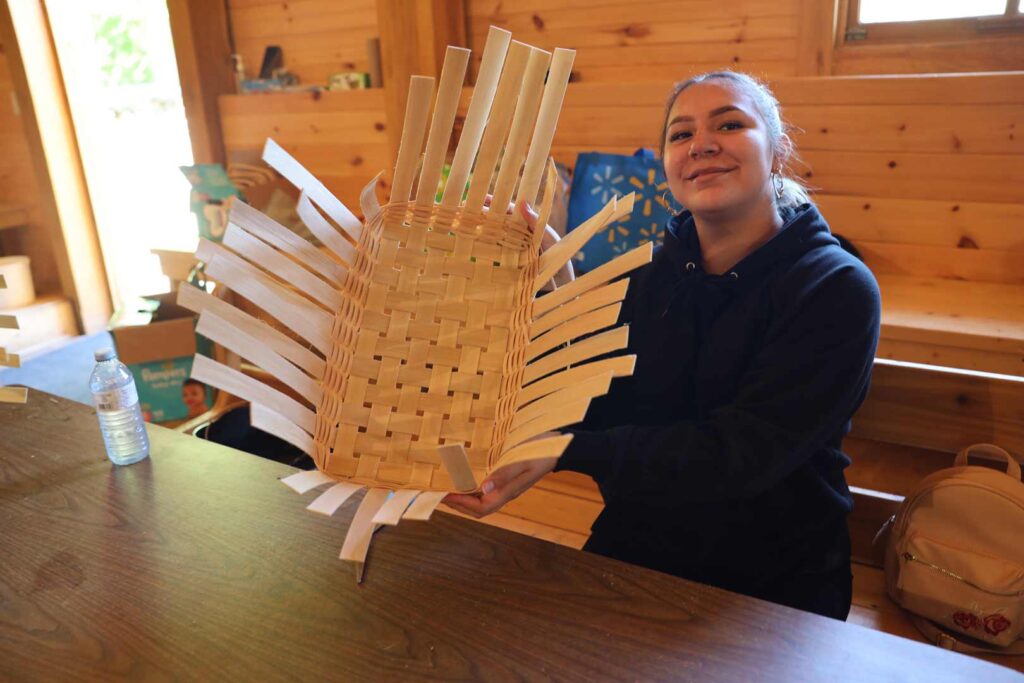
Students receive a breakfast program daily. This is a nutritious snack which is offered to all students who wish to participate. Giving students a nutritious meal at the beginning of the day improves their academic performance. As well they receive a hot meal once per week. These services are provided Health Promotions and Nutrition Services of Six Nations.
Support services are available to the school. These services include Speech Therapy, Occupational Therapy, Physio Therapy and other services offered by a visiting school nurse. A variety of Health education programs are available upon request.
The Special Education Resource Teacher (S.E.R.T) provides support for students with many types of disabilities and has the following responsibilities:
• Observe students who are having difficulties in order to assist the classroom teacher to
identify appropriate educational expectations
• Work with classroom teacher to make accommodations to programs to increase the
opportunity for student success
• With parental consent, carry out formal educational assessments
• Withdraw students for specific basic skills training in reading, writing or mathematics skills
Academic and Social Counselling – Amanda General has taken on the role of academic social counselling in the school. The school counselor will provide support to students, teachers, and parents with the overarching goal of student success. The academic social counselor will work within the school system to provide guidance to students. This generally involves observation, as well as speaking with teachers and parents to evaluate a student’s individual strengths or special needs. The School counselor will work with all students to maximize their academic and social skills.
Science Fair, Team sports participation with other schools, school trips to different venues where students enhance their learning experience outside of the school environment.
Longhouse visits, Mock Ceremonies, Peace Makers Journey, Students perform Opening and Closing as a resource to the community, students have picked wild strawberries for longhouse, students participate in socials each month at the school longhouse area.
• A forum for parents, teachers, and principals to share their points of view
• A communications link with other parents in the community
• A source of information about education and other issues which affect the students
• A self-directed group, not dependent on the school staff’s initiative and time
• A professional development opportunity for parents
• A connection with the school board
• A source of income for funding student activities and school trips
Home & School
The Home and School provides:
- A forum for parents, teachers, and principals to share their points of view
- A communications link with other parents in the community
- A source of information about education and other issues which affect the students
- A self-directed group, not dependent on the school staff’s initiative and time
- A connection with the school board
- A source of income for funding student activities and school trips
The Home and School meets the first Wednesday of every month. Meetings have been taken place at 5:00 p.m each month. All parents are encouraged to come out and support school activities through the Home and School.
In fall of 2022, our Home & School put together a 12 Days of Giveaways raffle where they successfully raised $43,000!

Code of Conduct Policy
The Kawenni:io/Gaweni:yo Private School supports the establishment of policies and guidelines with respect to the conduct of persons in the school.
Codes of Conduct will:
a) include standards of behaviour that are appropriate for individual schools and the Six Nations Rotinonhsion:ni/Hodinohso:ni community, including the promotion of responsibility, respect, civility, fairness and academic excellence;
b) establish standards of behaviour for all members of the school community, including students, staff, visitors and volunteers;
c) indicate where and/or when these standards will apply; and
d) be communicated to staff, students, parents, visitors, and volunteers at the beginning of every school year and throughout the year via parent meetings, class discussions, newsletters, parents’ handbook, student agenda, and the curriculum;
e) include procedure and timelines for review and ensure that reviews are conducted every three (3) years; and
f) be aligned with the requirements in KGPS policy documents, the Safe School Act 2000 and the Ontario Ministry of Education.
Purposes of Codes of Conduct:
a) to ensure that all members of the school community, especially people in positions of authority, are treated with respect and dignity;
b) to promote responsible citizenship by encouraging appropriate participation in the activities of the school and where appropriate, the Six Nations community;
c) to maintain an environment where conflict and difference can be addressed in a manner characterized by respect and civility;
d) to encourage the use of non-violent means to resolve conflict;
e) to promote the safety of people in Kawenni:io/Gaweni:yo School, and
f) to prevent the use of alcohol and illegal drugs.
Health & Safety
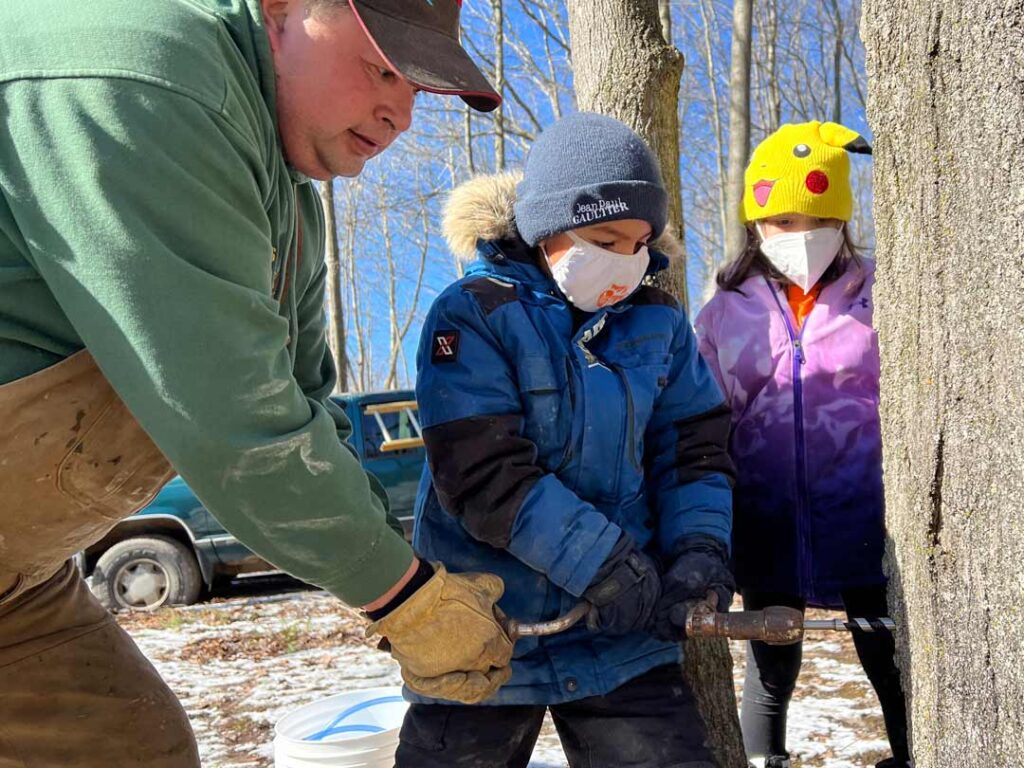
A positive school climate and a safe learning and teaching environment are essential if students are to succeed in school. A positive school climate means everyone feels they are welcome and respected.
All students, parents, teachers and staff have the right to be safe, and feel safe, in their school community. With this right comes the responsibility for everyone to be accountable for their actions and contribute to a positive school climate.
School Safety Drills have been held to allow students to practice the procedures for exiting the school or securing the classrooms when the situation arises to ensure the safety of all students and staff.
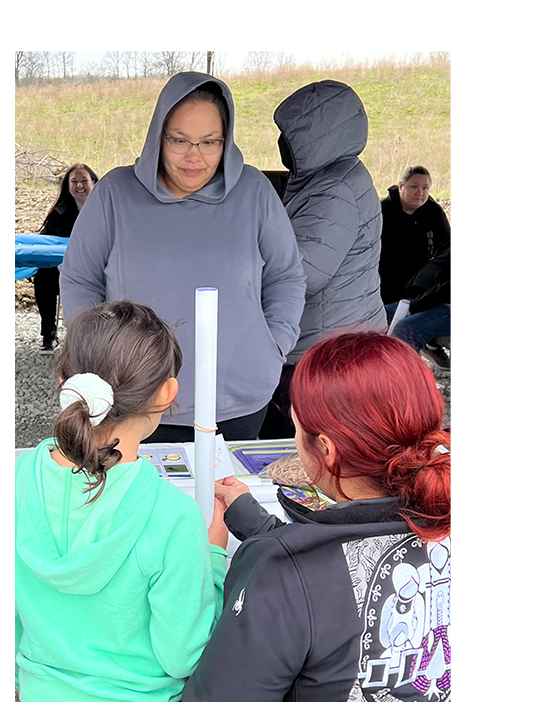
Community Engagement
Culturally-knowledgeable students are well grounded in the cultural heritage, traditions and ceremonies of their community.
Culturally-knowledgeable students are able to build on the knowledge and skills of the Six Nations cultural community as a foundation from which to achieve personal and academic success throughout life. Kawenni:io/Gaweni:yo school takes pride in providing these experiences for students which enhances their cultural identity and improves their self-esteem.
Family and Community Engagement – The involvement of family and community in the life of students at the school and in their education enriches the learning environment and directly contributes to student sucess. The family is needed to support the students emotionally, physically, socially and mentally. The trust students develop in the school has a positive impact on the their success and well-being. Your involvement in the life of the school is greatly encouraged. The following is a list of activities which encourages community engagement:
- Back to School Open House
- Fund raising sales
- Graduation Ceremonies
- Volunteering in the school
- Chaperones for trips
- Swimming lessons for students
- School Socials

Mission
The Kawenni:io/Gaweni:yo Teacher Resource Center (KGTRC) works to improve student achievement by preparing teaching and learning resources for Kawenni:io/Gaweni:yo staff and students in the languages of instruction of the Kawenni:io/Gaweni:yo School.
Mandate
To provide culturally-relevant teaching and learning resources to support the program of education in the languages of instruction of the Kawenni:io/Gaweni:yo School in relevant and contemporary formats.
Financial Supports
We are grateful to all of the following funders who have made possible the delivery of the programs and services for Kawenni:io/Gawani:yo school.
1. Indigenous Services Canada (ISC)
- Provides core funding for the delivery of KGS programs and services, bussing, the KGTRC and special education for the school.
2. Six Nations Elected Band Council (SNEBC)
- Receives our funding allocation quarterly from ISC and transfers it to our bank account through a pure flow through agreement.
3. Home and School – Actively gets involved in the school funding raising efforts for the entire school. They put on a Toy Bingo each year which provides funding for the following:
- School trips
- Bussing for Physical Education to and from Dijoh Community Centre where the gymnasium is offered free of charge to our students since we do not have a gymnasium
- Swimming Lessons at the Wayne Gretszky Center, and
- Individual class activities
4. Community – The community and others, private donors and parents and guardians are fully committed to the fund raising efforts of this school. These funds are used for class trips which otherwise might not have happened if for the support of community members.
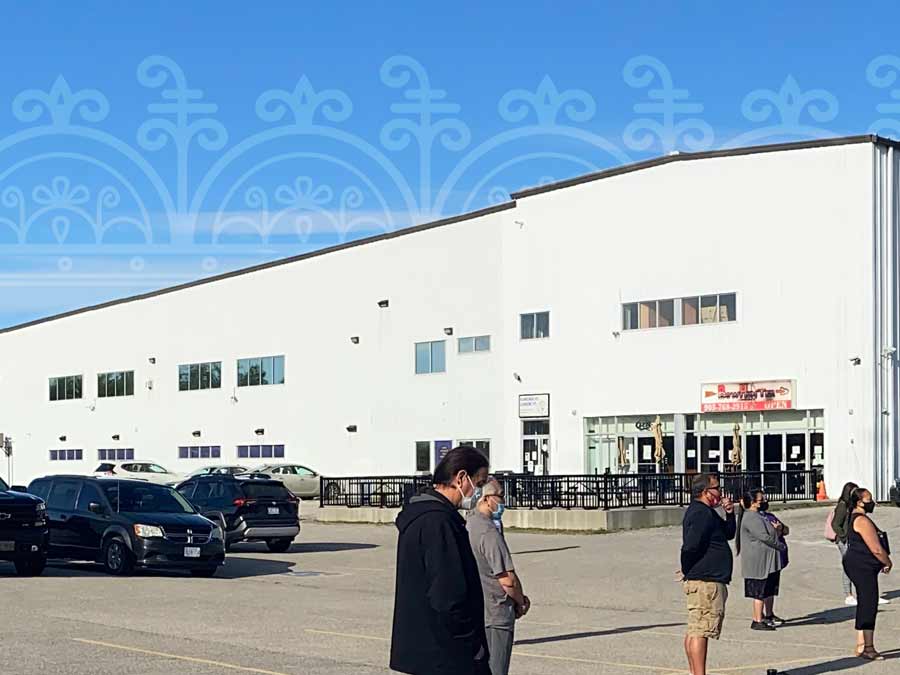
5. Facility – The present facility has been graciously donated to Kawenni:io/Gaweni:yo School by Curt Styres. His generosity has allowed us to have a permanent home with a bare minimum of cost to maintain and operate it.
6. Grand River Employment and Training (GREAT) – GREAT have assisted the school by providing training funds to hire summer students to assist with the operation and maintenance duties.
7. Six Nations Health Services – have provided healthy snacks and breakfast foods for the students. Students receive healthy breakfast snacks and once per week receive a hot breakfast or lunch.
8. National Center for Collaboration in Indigenous Education (NCCIE) – have provided funding for KGS to hire a consultant and have hired a consultant on KGS’ behalf to conduct research and development on an Onkwehonwehneha Literacy Scope and Sequence Curriculum for Gayogohon:no and Kanien’keha.
Building Kawenniio/gaweniyo a new school
The accomplishments of this Language Immersion School has survived, sustained and taken on a significant role in the enhancement and preservation of our languages and culture. All the accomplishments of this school can be attributed to the persistence and commitment of community members. All the accomplishments of this school have been completed without a school of their own. Kawenni:io/Gaweni:yo School is in need of a school.
Construction of a School
The Construction of a New School is needed based on Class D Cost Estimates as supplied by KL Martin and Associates/First Nations Engineering and Colleen Reid, Architect in the amount of 15.6 million dollars in 2016 and has since doubled to 31.5 million dollars in 2022. The design brief has been completed and architectural drawings have been completed. Site work began in fall of 2022.
Sustainability
Kawenni:io/Gaweni:yo School is now receiving an increase in funding allocations as identified through the new formula based regional funding model. This new funding formula has doubled our budget allocations. This puts the school in a position where the new funding model ensures revenues balance with operational costs.
Finance & Operations
Kawenni:io/Gaweni:yo has sound financial and operational systems in place to ensure that accurate financial information and transactions are recorded, stored and safeguarded in the best interest of the students and the school. The Board of Directors and Administration Staff adheres to General Acceptable Accounting Principles (GAAP) and generate monthly income statements, conducts periodic reviews of the operations and creates Annually Audited Financial Statements (AAFS) which are completed by a professional independent auditing firm, Meyers, Norris and Penny (MNP) to protect the integrity of the financial information and the reporting systems.
Ultimately, the community will have a new school which is imperative to the revitalization of the Haudenosaunee languages; the new school has the ability to inspire a new generation of language learners, it will instill pride, self-esteem, confidence and facilitate the development of new educational opportunities for the local community members.
Kawenni:io/Gaweni:yo School’s mandate falls in line with the intent of the Truth and Reconciliation Commission’s findings.
"Truth & Reconciliation"
Residential Schools existed in Canada from the 1870’s through to the 1990’s. They were a means to educate and assimilate Indigenous people into the Euro-Canadian and Christian way of life. The schools were compulsory, and children were frequently forcibly removed from their homes and relatives to be sent to the schools. With their language, cultural, and family supports gone, the children had no supports in the schools, nor when they left. This 100+ year practice has left a scar across our country. Lost languages, relationships, culture. Abuse and isolation. Distrust between cultures. This has been passed down through generations, to where we now uncomfortably sit. Canada cannot claim to be a home for all people, regardless of race or religion, without acknowledging and rectifying the past. Indigenous people cannot begin to heal. No Canadian can.
The Truth and Reconciliation Commission was created to formally uncover the past, no matter how uncomfortable, and to produce a plan to lead us toward reconciliation, mutual understanding, and respect. Reconciliation can mean a lot of different things to different people, but to the Commission, “reconciliation” is about establishing and maintaining a mutually respectful relationship between Aboriginal and non-Aboriginal peoples in this country. In order for that to happen, there has to be awareness of the past, acknowledgement of the harm that has been inflicted, atonement for the causes, and action to change behaviour.”
Kawenni:io/Gaweni:yo School is committed to retaining our culture through the retention of our languages which in turn negates the effects of the generations of our people who attended Residential Schools.
